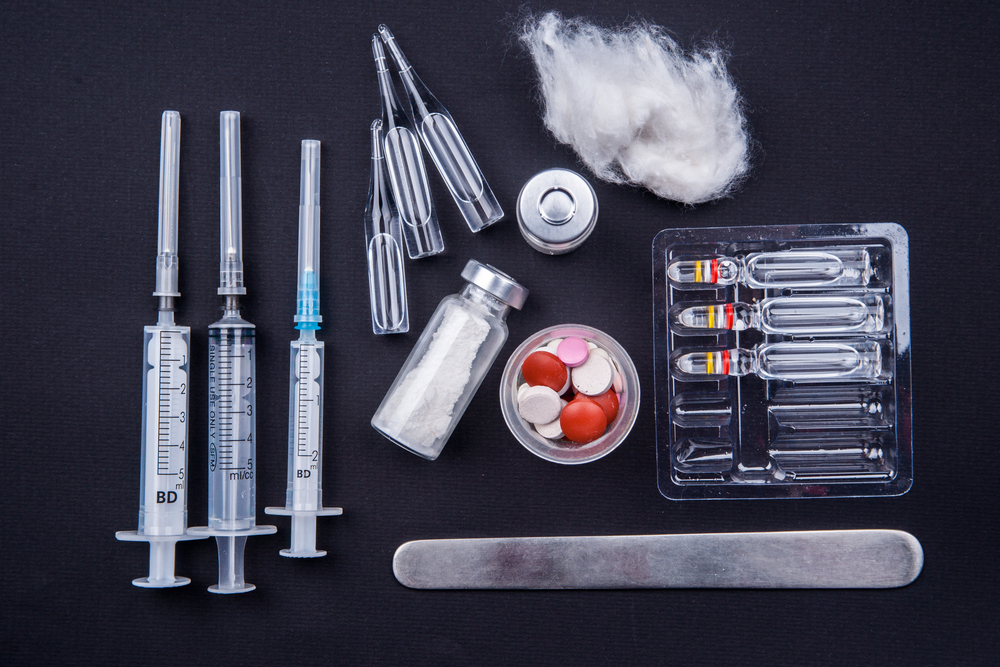81 year old female at a long term care facility with a history of dementia related behaviors. Whenever you hear dementia related behaviors, do not jump to conclusions. Define the behaviors first. This particular patient refused medications at times, refused cares, and was really nasty verbally to other residents and would occasionally become aggressive with staff including trying to hit, pinch and bite.
This patient had multiple trials on various antidepressants and antianxiety medications which often happens in cases such as this. Nothing was working. Risperidone 0.25 mg twice daily was started and increased to 0.5 mg twice daily within a few weeks after that due to no effect.
Nursing staff was getting incredibly frustrated with this patient and was seeking alternative solutions to manage the behaviors as the risperidone was not working, and also was being refused at times. One of the nurses had remembered that long-acting Haldol decanoate had worked really well on a resident they had in the past. The prescriber, wrote for Haldol decanoate 100 mg every 28 days.
First off, these long acting antipsychotics are extremely scary and should be used with the utmost respect. Think about giving a drug for 28 + days and you essentially can’t take it back. If they have an allergy or intolerance, good luck. That’s why test oral doses are typically given which can be a challenge if the patient is refusing medications.
There is some uncertainty of conversion from risperidone to haloperidol, but I assure you the dose of Haldol decanoate prescribed is way too high! Here’s a chart with some ballpark ideas on antipsychotic conversions (page 5). Like scary way too high in an 81 year old on a low dose of risperidone that she maybe is getting every other dose.
Long acting injectable antipsychotics are serious business. You have to make sure that other options have been exhausted first (especially in the elderly), and/or that you have a significant comfort level in how these medications are managed. Remember, once given, you can’t take it back.
Please take advantage of the 30 medication mistakes – a free resource from my practice as a clinical pharmacist!



0 Comments
Trackbacks/Pingbacks